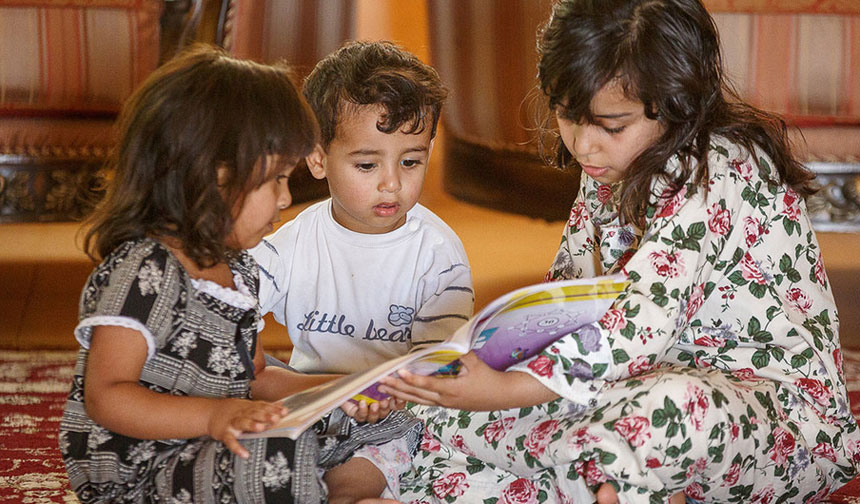IBL News | New York
Around 460 million children experienced reading difficulties in 2020. That number jumped by 20% to 584 million in 2020, due to the COVID-19 crisis and the school closures.
This dramatic increase of 100 million children falling behind the minimum proficiency level in reading is wiping out two decades of education gains, according to UNESCO, the United Nations cultural agency. The recovery to the pre-pandemic pathway may take a decade, says this institution.
The UNESCO’s study One year into COVID: Prioritizing education recovery to avoid a generational catastrophe elaborates on the learning losses. “It’s a generational catastrophe,” states the report.
The partial or complete shutdown has disrupted schooling for an average of 25 weeks, especially in Latin America and Caribbean countries, as well as in Central and Southern Asia.
To tackle the problem, UNESCO is calling for schools to reopen “with greater support for teachers; initiatives to prevent pupils from dropping out, and an acceleration of the availability of digital learning tools.”
The problem of lack of learning gets aggravated with the fact that many nations — one in eight in the world — spend more on debt than education, health, and social protection combined, says a recent report from UNICEF, UN Children’s Fund.
In this regard, Henrietta Fore, Chief at UNICEF, called for a global effort, with international agencies, creditors, and national governments acting together for debt relief and restructuring. “The personal and public costs are enormous, leaving children, their communities, and their countries with little hope for sustainable economic and social development,” Fore explained.
One year into the #COVID19 crisis, 2 in 3 students worldwide are still affected by full or partial school closures. @UNESCO’s high-level event finds solutions on how to prioritize education recovery & avoid a generational catastrophe. https://t.co/cjm2onqPSq #LearningNeverStops pic.twitter.com/G563M8TfG4
— UNESCO 🏛️ #Education #Sciences #Culture 🇺🇳😷 (@UNESCO) March 25, 2021

 En Español
En Español




















